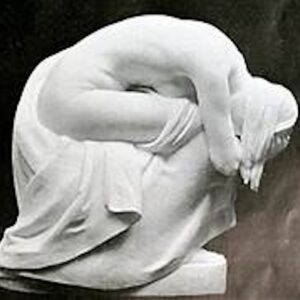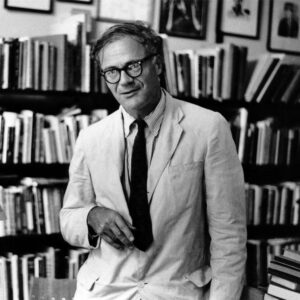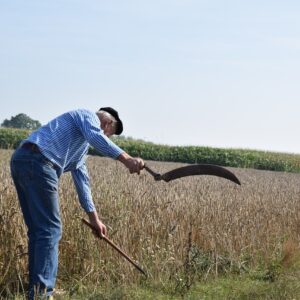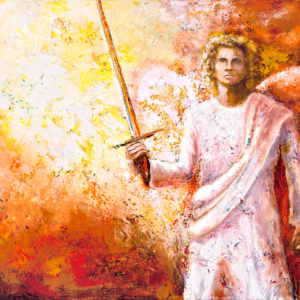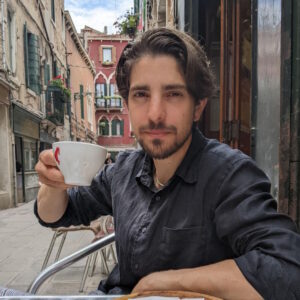
“Cleaning the Well”: On Poems by Fred Chappell and Paul Ruffin
I suggest a sub-genre of dead-cat-in-a-well poems, even though I have only discovered two instances so far. In both poems, a grandfather lowers his young grandson down into a well to clean it, dredging up a dead cat in the process. The recently deceased North Carolinian Fred Chappell, may he rest in peace, provides our first instance, titled “Cleaning the Well,” published in his 1975 collection River . The Alabama-born Paul Ruffin offers a second instance. His poem, also named “Cleaning the Well,” appears in his 1980 collection Lighting the Furnace Pilot.



